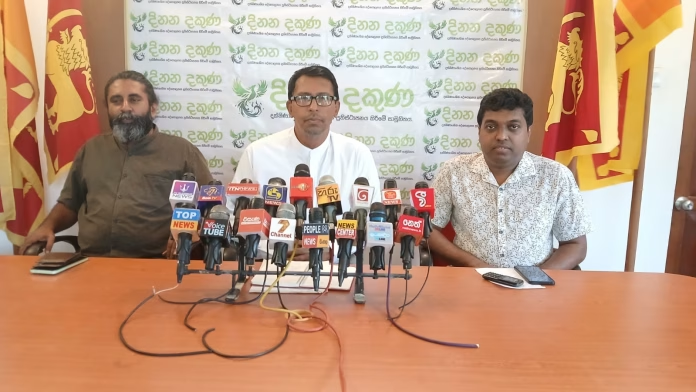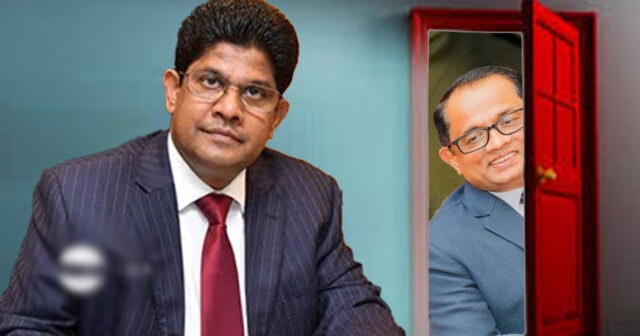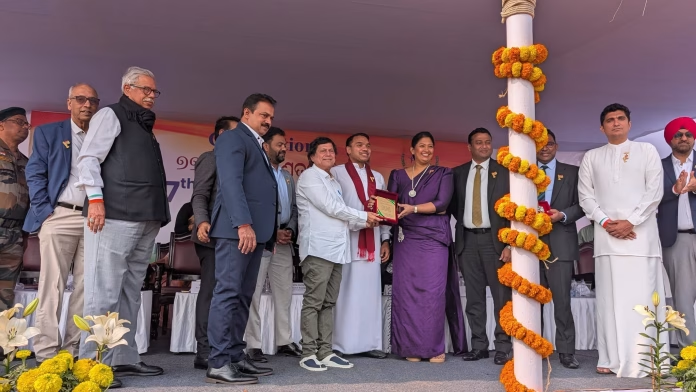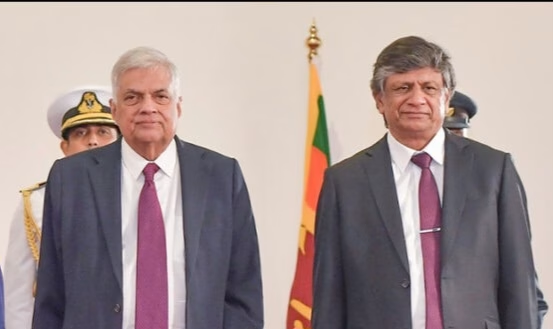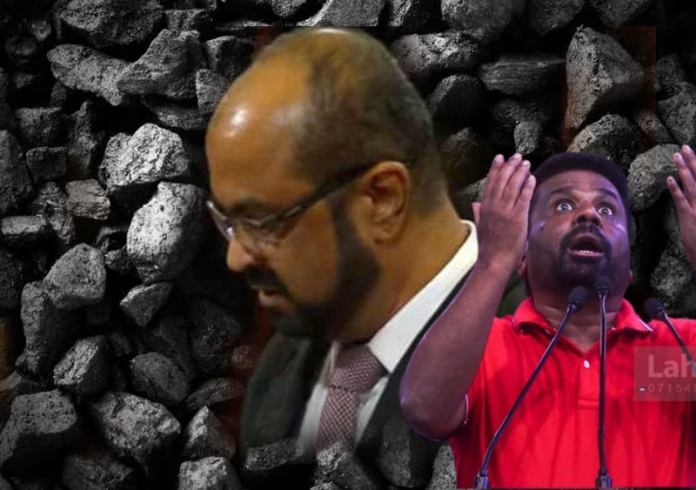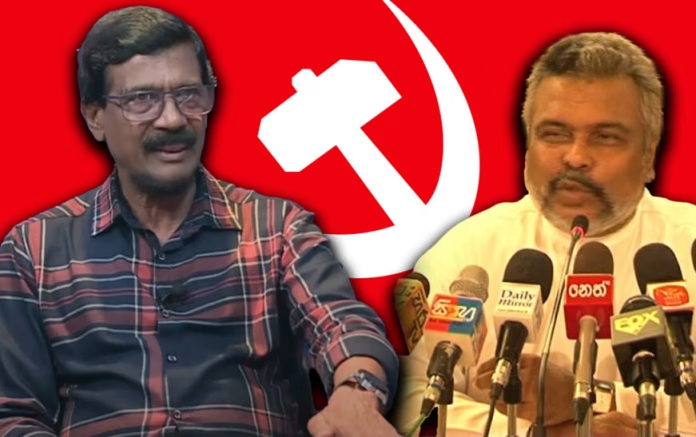As Sri Lanka commemorates its 78th Independence Day, the ‘Wining South Collective’ (Dinana Dakuṇa Saamūhikaya) strongly asserts that the current NPP government has created an abyss from which hundreds of thousands of educated people and professionals are fleeing, rather than the promised “liveable country” (inna hithena rata).
Speaking at a special media briefing in Narahenpita today (04), Nishantha Sri Warnasinghe, an Executive Member of the collective, pointed out that after a year and a half of the NPP administration, they have failed to halt the country’s brain drain. He revealed that in the past year alone, 310,000 skilled workers have left Sri Lanka. While the government boasts of economic stability, Mr. Warnasinghe further noted that the country is, in reality, dependent on remittances sent by foreign workers, rather than the development of a domestic production economy.
A serious exposé was also made regarding the fatal blow dealt to free education under the current administration. Mr. Warnasinghe stated that the government is preparing to close 1,505 state schools across the country through District Coordinating Committees. He argued that taking such arbitrary decisions without consulting relevant sectors shows the NPP government’s true “anti-cultural” and “anti-education” face. Nadheesha De Silva, a member of the Leadership Board, added that while statistics may attempt to show economic stability, the lack of economic freedom within individual households has plunged the entire country into deep frustration.
The government also faced severe accusations of politicizing state institutions. The collective particularly criticized the government’s partisan policy in making appointments to the Auditor General position and the use of the Criminal Investigation Department (CID) as a political tool. Media Spokesman Thusara Weeraratne revealed that the prison administration has been anarchic for months since Prison Commissioner General Thusara Upuldeniya was interdicted and placed on paid leave, adding that the President’s granting of general amnesties lacked any formal procedure.
Further accusations were leveled against Anura Kumara Dissanayake, who had been vocal about media freedom while in opposition, claiming he has now turned the state media entirely into the government’s propaganda machine.
The ‘Waging South Collective’ asserted that not only the government but also the opposition has failed to recognize its role. They emphasized that politicians like Namal Rajapaksa must first make a ‘confession’ for their past wrongs if they wish to take power, and strongly urged all right-wing forces to unite into a single camp immediately.

